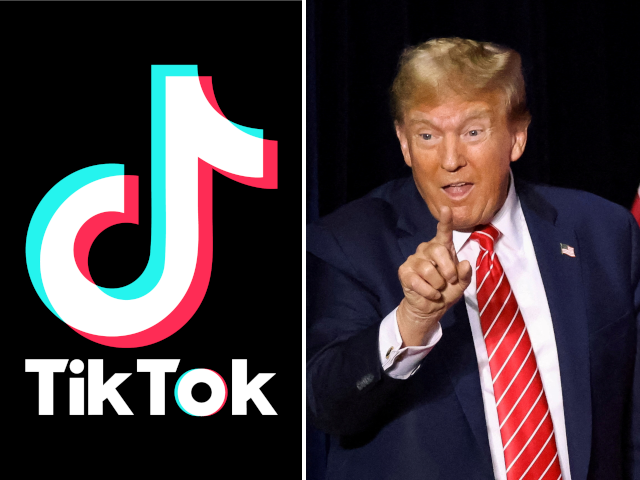TikTok bans US The US government’s recent moves towards potentially banning TikTok triggered a huge shift in digital behavior, as users rushed to find new platforms to continue creating content and sharing with others. TikTok ban US
TikTok Ban US A Wave of Uncertainty
For millions of TikTok users, the prospect of losing their beloved app is a big deal. With its short videos and addictive algorithm, TikTok has become a home for creators, influencers and normal users to share content and communicate with one another. However, the threat of a ban has prompted many to try other options. TikTok ban US
The Rise of New Platforms
Several new platforms have experienced a sudden boom in users due to TikTok banchufuchu. Platforms like Instagram Reels, YouTube Shorts, and Snapchat Spotlight have been hotting up as TikTok users seek elsewhere for such familiar experiences. Those platforms are upping the ante with new features, including advanced editing tools and various interactive options, to lure in TikTok refugees.
At the same time, niche platforms are growing, focusing on specific types of content. Many apps that were once competing with TikTok — Triller and Dubsmash among them — have seen an increase in downloads and usage. The platforms are betting on users looking for a similar tasting menu of formats and lively communities as they try to appeal to TikTok users. TikTok ban US
Challenges for Creators
For content creators, the possible ban isn’t only about losing a platform; it’s about losing their livelihoods. So many influencers and small businesses depend on TikTok for brand deals and sponsorships, to market their products and services through TikTok. The transition to the new platform isn’t necessarily smooth, as every social media network has its distinct algorithms, audience preferences, and tools. TikTok ban US
Some creators have also voiced concerns about having to build an audience from the ground up on a new platform, having spent years cultivating their fan bases on TikTok. And the fear of losing all that hard-earned audience makes the transition that much harder. TikTok ban US
Public Reaction and Debate
The argument raging over the TikTok ban is splitting Americans. Supporters of the ban — TikTok is owned by the Chinese company ByteDance — say the app is a national security risk, and that user data could be misused or shared with the Chinese government. However, detractors argue the ban is an attempt to limit free speech and an over-reach by the government. They also note that banning a popular platform would upend the lives of millions of users. TikTok ban US
But some experts think digital migration is here to stay, even if TikTok doesn’t. In the ever-evolving world of technology and social media, users are constantly seeking new methods of expression, social interaction, and entertainment on the internet.
What’s Next for Digital Communities?
The arguments for and against banning TikTok have fired up voters and legislators alike but what seems clear is that we’re living in a time of rapid transformation in the digital world. The platforms are evolving, and users are getting creative in telling their stories. Though much of this pivot might have been a direct reaction to a potential TikTok bot, it speaks to the changing tides of the digital economy — nothing is static and doors are always opening. For now, the migration rolls on, and only time will tell what social media’s next big thing will be. TikTok ban US









